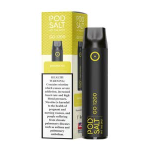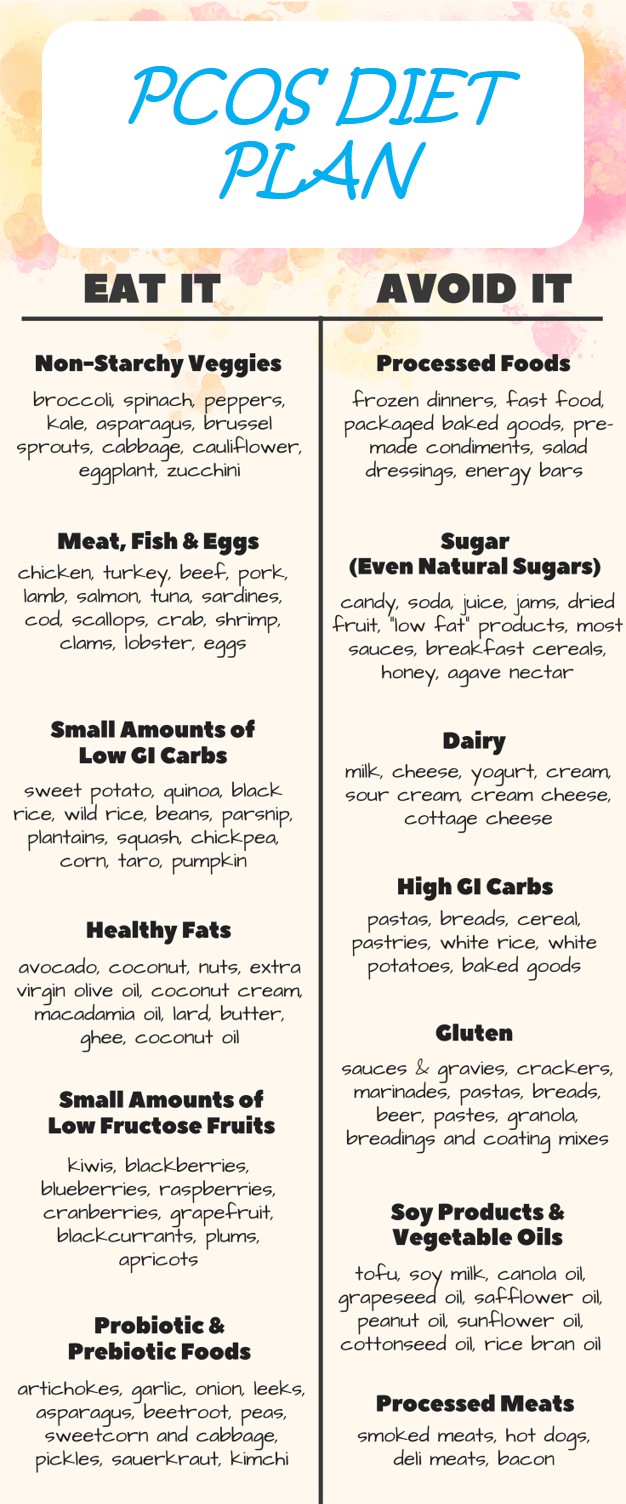Tips To Create A Balanced Sports Nutrition Plan
Creating a balanced sports nutrition plan is essential for athletes or anyone engaging in regular physical activity. Proper nutrition can improve performance, speed up recovery, and support overall health. A well-designed nutrition plan should be tailored to meet individual needs based on the type of activity, intensity, and personal goals. Below are some tips to help you create an effective and balanced sports nutrition Dubai plan.
Understand your energy requirements:
The first step in creating a balanced sports nutrition plan is to understand your energy requirements. Athletes or active individuals have higher calorie needs compared to those with sedentary lifestyles. Your total energy expenditure (TDEE) depends on your age, weight, activity level, and training intensity. A sports nutrition plan should provide enough energy to fuel exercise while supporting recovery. Focus on meeting your energy needs through a combination of macronutrients—carbohydrates, proteins, and fats—tailored to your sport and goals.
Consider carbohydrates:
Carbohydrates are the primary fuel source for athletes, particularly during high-intensity activities. Consuming adequate carbohydrates ensures your body has enough glycogen stored in muscles for energy during exercise. Include whole grains, fruits, vegetables, and legumes in your diet to provide long-lasting energy. The amount of carbs needed will vary depending on the intensity and duration of exercise. For endurance athletes, 6-10 grams of carbohydrates per kilogram of body weight per day is generally recommended. Timing carbohydrate intake around workouts can also boost performance and recovery.
Incorporate lean proteins:
Protein is essential for muscle repair and growth, especially after strenuous exercise. A balanced sports nutrition plan should include lean protein sources like chicken, turkey, fish, eggs, tofu, and legumes. Protein also supports immune function and helps prevent muscle breakdown. For most athletes, consuming 1.2 to 2.0 grams of protein per kilogram of body weight per day is ideal, depending on the intensity of exercise. Post-workout protein intake is particularly important to help with muscle recovery and minimize muscle soreness.
Include healthy fats:
Healthy fats are vital for overall health and play a key role in hormone production, joint health, and long-term energy. Sources of healthy fats include avocados, nuts, seeds, olive oil, and fatty fish like salmon. Fats should make up about 20-35% of your total daily calories. Omega-3 fatty acids, found in foods like flaxseeds and walnuts, are especially beneficial for reducing inflammation and promoting recovery after exercise. Including a mix of fats in your diet ensures balanced energy levels and supports your body’s recovery process.






